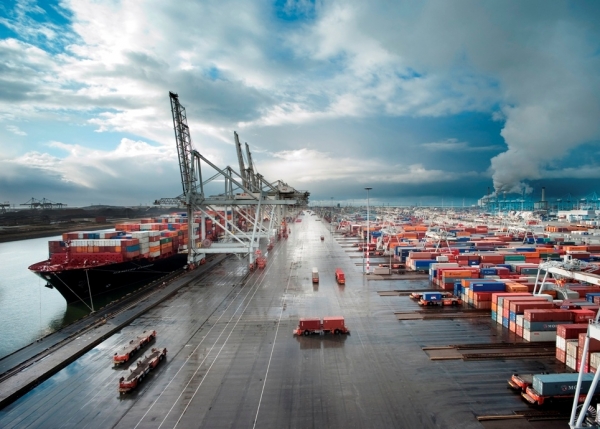The changes in the strategic orientation of port authorities and terminal operators towards the hinterland network in the Ports of Rotterdam and Barcelona are being explored in the study conducted by PortEconomics associate member Larissa van der Lugt, along with Suzana B. Rodrigues (Erasmus University Rotterdam) and Roy van den Berg (Port of Rotterdam Authority). Their study, titled “Co-evolution of the strategic reorientation of port actors: insights from the Port of Rotterdam and the Port of Barcelona” is published in the last issue of the Journal of Transport Geography.
Port authorities and terminal operators are economically, institutionally and geographically related organizations. The argument here is that such organizations experience a mutually influential and interactive effect in their strategy over time. The study explores the evolution of the market, institutional and governance forces behind these organizations’ strategic orientation, while acknowledging their interdependence and interrelationship. To that end, it builds a conceptual framework analysing these organizations’ strategies in different points in time. It draws upon firms and port theories to design a co-evolutionary framework, which is later refined with insights gained from an empirical study of the port context.
You may download the port study @ Journal of Transport Geography webpage.












